Why a Reliable Medical Gas Pipeline System (MGPS) is the Backbone of Hospital Operations
In modern healthcare settings, the Medical Gas Pipeline System (MGPS) is an integral part of hospital infrastructure, often functioning unnoticed but playing a critical role in patient care. The MGPS ensures the continuous supply of essential gases like oxygen, nitrous oxide, and medical air to various departments, from operating theatres to intensive care units (ICUs). A reliable MGPS is vital for hospital operations, patient safety, and effective medical interventions.
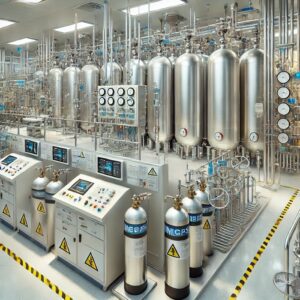
The Role of MGPS in Patient Care
- Continuous Oxygen Supply Oxygen is a life-saving gas required for various treatments, including respiratory care, anesthesia, and critical care. Patients in ICUs or emergency departments often depend on a steady supply of oxygen to survive. A reliable MGPS ensures that medical staff can deliver oxygen uninterrupted, reducing the risk of manual error or gas depletion, which can occur with portable oxygen tanks
- Support for Surgical Procedures Operating rooms rely heavily on medical gases such as nitrous oxide for anesthesia and compressed air for powering surgical tools. Any disruption in the supply of these gases can jeopardize surgeries, delaying operations or leading to complications. A well-maintained MGPS supports surgeons by delivering consistent gas flow, ensuring smooth operations, and preventing complications due to equipment malfunction.
- Critical in Emergency Situations During health crises, such as the COVID-19 pandemic, the demand for medical gases—especially oxygen—skyrockets. Hospitals need a reliable MGPS to meet this surge without disruption. A failure in the gas supply system could compromise patient outcomes and increase mortality rates during such emergencies. Therefore, maintaining a robust and scalable MGPS is a priority for hospital administrators.
Operational Efficiency and Safety
- Cost-Effective and Efficient Relying on a pipeline system is far more cost-effective and efficient than using individual gas cylinders for every patient. An MGPS eliminates the logistical burden of regularly replacing and refilling cylinders. Hospitals equipped with a reliable MGPS can manage gas supplies centrally, which saves both time and money while improving staff efficiency.
- Reduces the Risk of Human Error Medical gas cylinders pose risks such as incorrect gas identification, overuse, or delayed replacement. An MGPS significantly reduces these risks by automating the gas delivery process, ensuring that the right gas is delivered at the correct pressure to the appropriate medical devices. This automation minimizes human error, thus enhancing patient safety.
- Environmental and Space Benefits Cylinder-based gas systems require substantial storage space and frequent transportation within the hospital, contributing to inefficiencies. An MGPS eliminates the need for large gas storage areas and reduces the environmental footprint by centralizing gas management and distribution. This not only frees up valuable space but also reduces hospital waste associated with gas cylinder disposal.
Compliance and Legal Requirements
Hospitals are subject to strict regulatory guidelines regarding the installation, maintenance, and operation of MGPS. Regulatory bodies like the FDA, MHRA, and ISO require hospitals to ensure that their gas pipeline systems meet stringent safety standards. Failure to maintain a compliant MGPS can lead to significant fines, legal issues, and risks to patient safety.
Regular maintenance and periodic audits of MGPS ensure that hospitals comply with these standards. Moreover, well-documented maintenance logs help avoid system failures that could compromise patient care and legal standing.
Future-Proofing Healthcare with Medical gas pipeline system
As medical technology advances, the demands on hospital infrastructure grow. Innovations in surgery, intensive care, and emergency medicine require higher precision and reliability in medical gas delivery. Investing in a modern, well-maintained MGPS is essential for future-proofing healthcare facilities, allowing them to expand services and manage increased patient loads efficiently.
Conclusion
A reliable Medical Gas Pipeline System is not just a convenience but a critical backbone of hospital operations. From supporting surgeries and critical care to reducing operational costs and improving safety, MGPS ensures that hospitals function efficiently. For healthcare administrators, investing in a robust and compliant Medica gas pipeline system is essential to deliver high-quality patient care and safeguard against operational risks. In an industry where seconds count, a well-maintained MGPS can make all the difference between life and death.
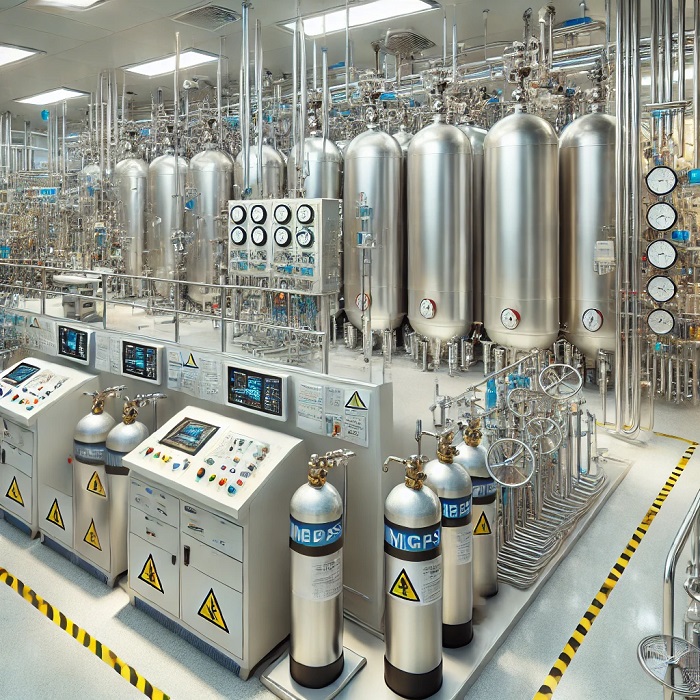
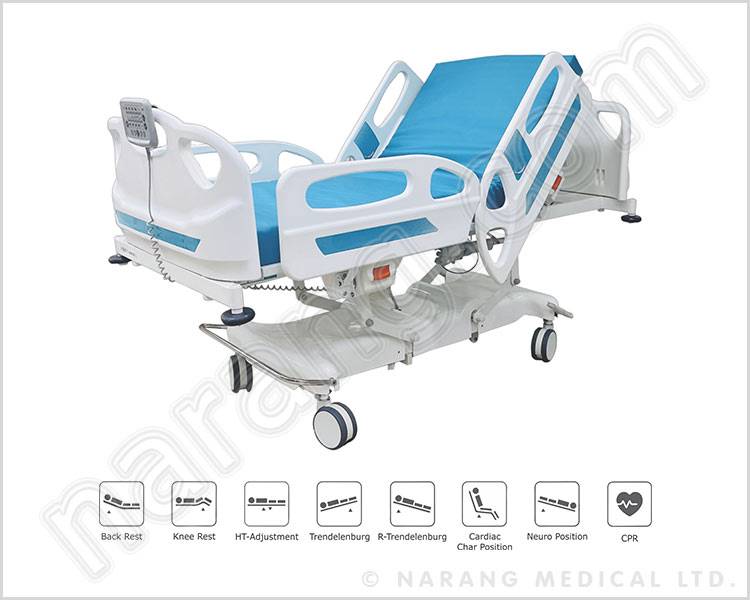
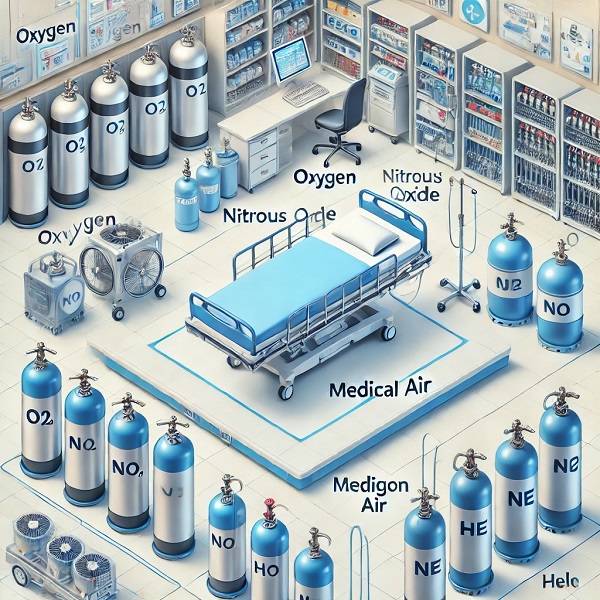
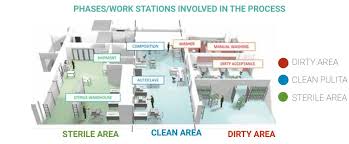
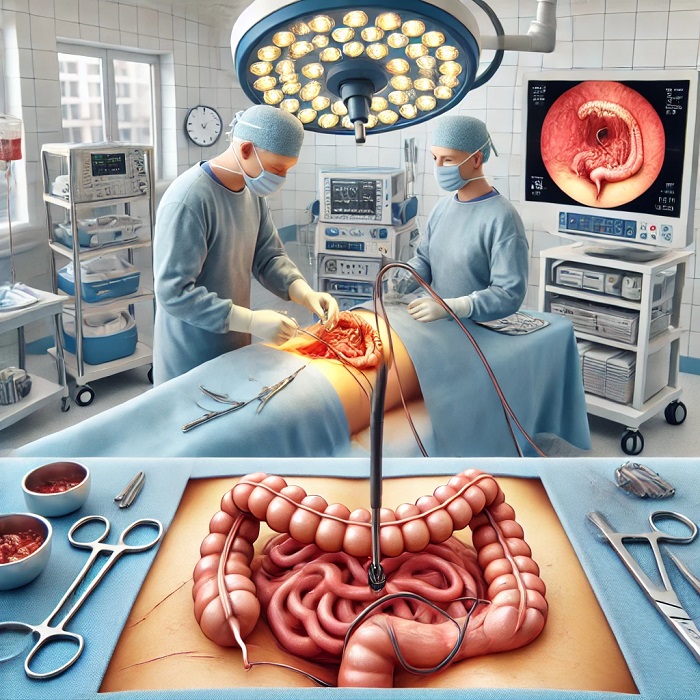
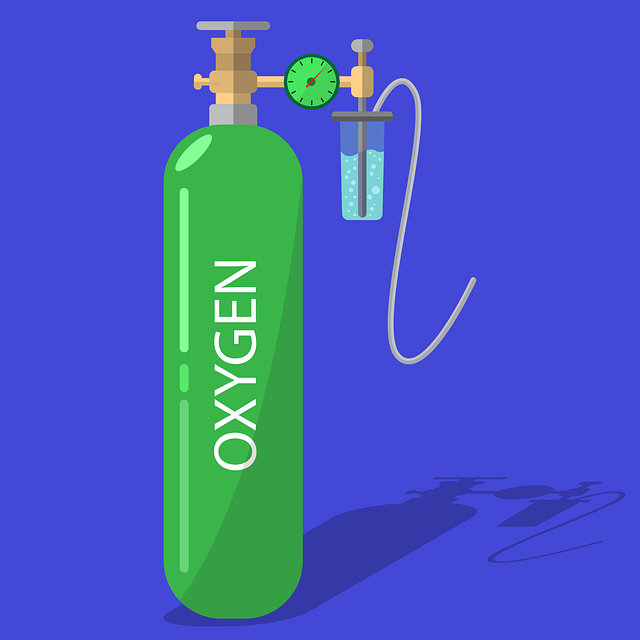


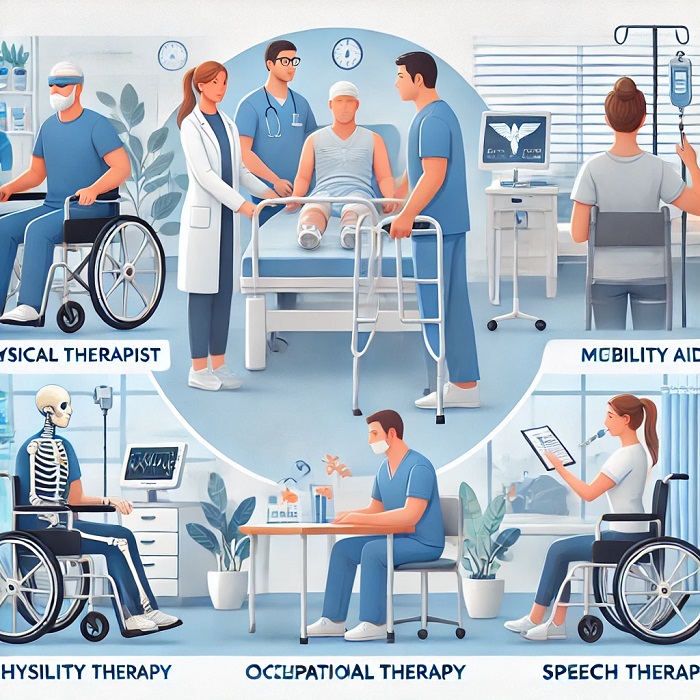
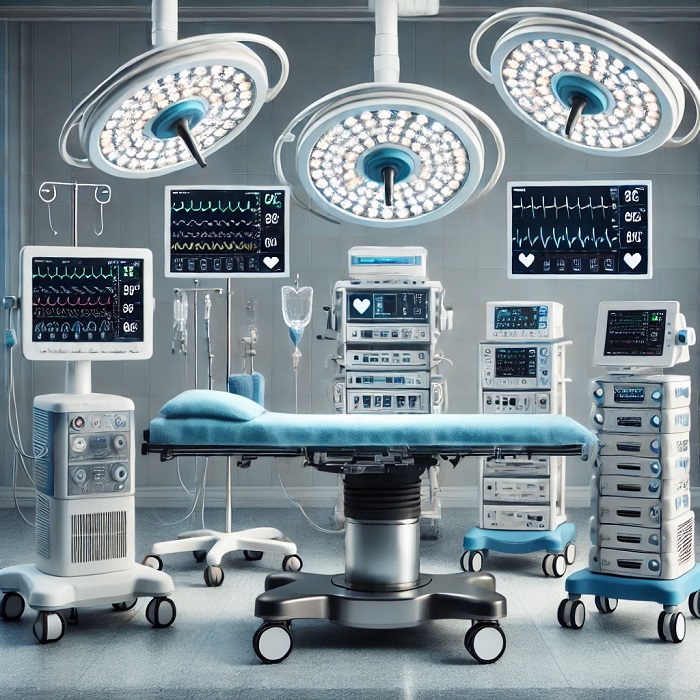



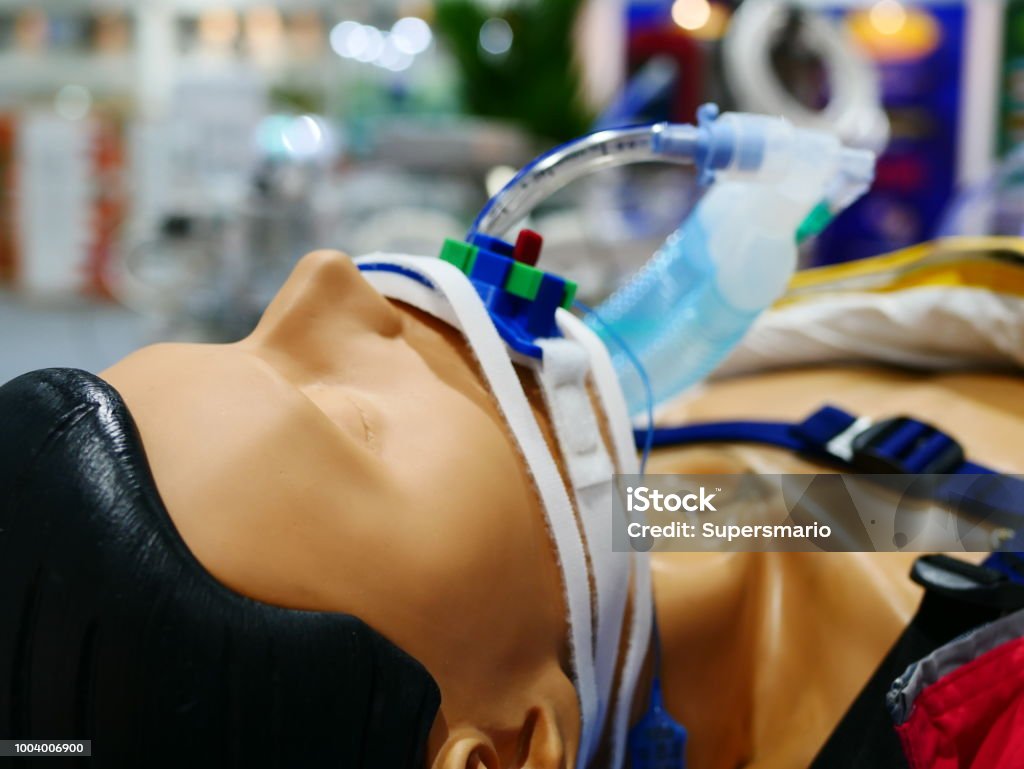
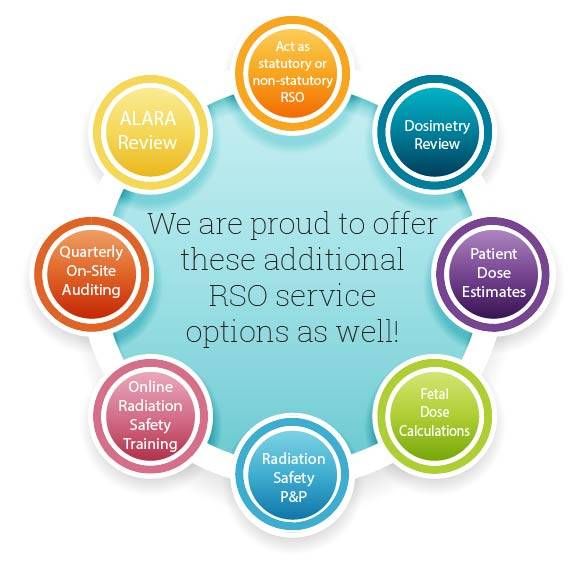
Leave a Reply